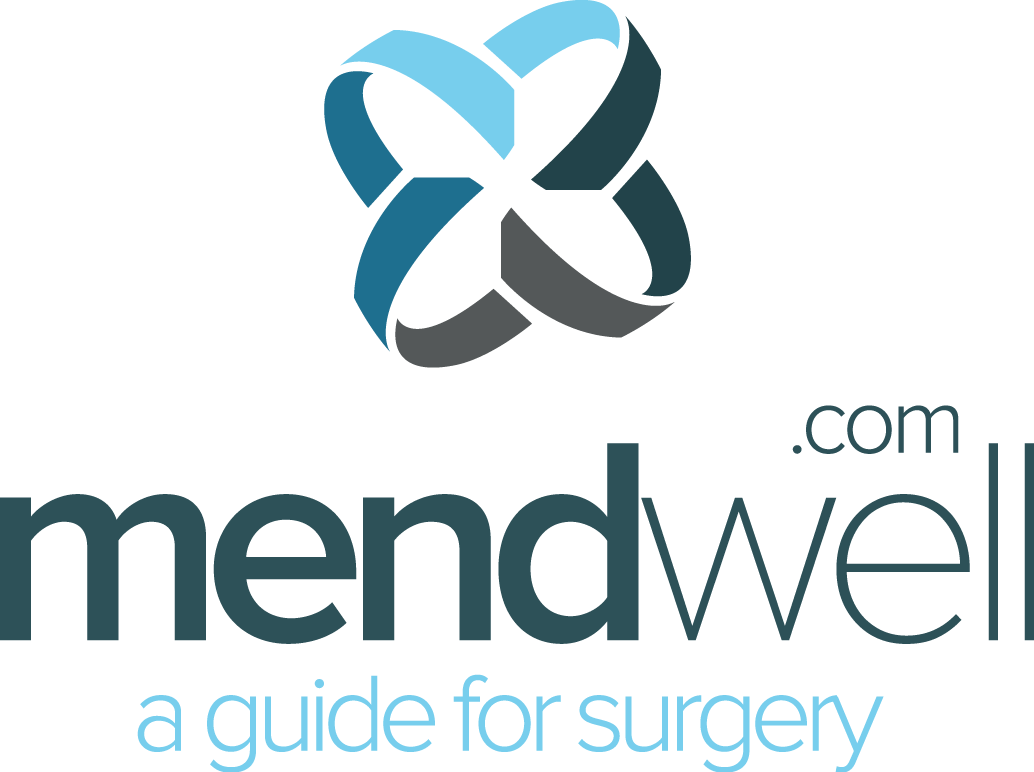Am I Healthy Enough for the Elective Procedure I’ve Been Wanting?
Major Things to Considering Before Opting to Go Under
Whether it’s a breast augmentation or a knee replacement, if you’ve been dreaming of an elective procedure—but aren’t quite sure your body is ready to handle the stress of anesthesia and recovery—today’s post is for you. We’ll break down everything you need to know about your everyday health as it relates to an elective procedure—and we’re also talking about the honest conversations you need to have with your physician before opting to go under. Read on for our top insights.
1. Know what you’re in for.
Regardless of how minor a procedure might seem (and how badly you may want it), the truth is any surgery puts a serious amount of stress on the human body. Undergoing anesthesia can be extremely physically taxing—and, if you’ve never had surgery before, you don’t know how you’ll respond to anesthesia. (For example, one in three patients suffer from post-op nausea and vomiting, which can delay your recovery and extend your hospital stay). When you’re considering whether you’re healthy enough for an elective procedure—and weighing what your recovery period will look like—talk through the following questions with your physician:
- What kind of anesthesia will you administer?
- How long is the procedure?
- What risks are associated with the procedure?
- What is the average hospital length-of-stay time for this procedure?
- What can I expect during my at-home recovery, and how much help will I need with everyday tasks?
- Do I have any health conditions or concerns that could interfere with the success of the procedure and/or delay my recovery?
- How long will I need to avoid physical work and exercise after my procedure?
2. Understand the key factors that play a major role in health and surgery.
When it comes to assessing your health as you’re considering an elective procedure, there are a few main things to consider. They include:
- Smoking: Are you a smoker? If so, quitting before you go under anesthesia is imperative for the most successful surgical outcome. From an increased risk of blood clots to a more-than-doubled risk of developing pneumonia, the list of complications from smoking prior to surgery is extensive. The good news? There’s an equally long list of benefits for quitting before your elective procedure. You can learn more about why you should stop smoking before surgery—and browse resources to help you kick the habit—here.
- Drinking: It probably doesn’t come as a surprise that alcohol and anesthesia don’t mix. If happy hour has become a daily habit for you, cutting back on drinking before your elective procedure is something you should consider for the best possible outcome and a healthy recovery. Browse tips for weaning off of alcohol before your procedure—and learn more about why stopping drinking before surgery is so critical.
- Weight: Weight also plays a role in how well you handle surgery and how fast you recover. Before you opt for that elective procedure you’ve been wanting, calculate your BMI (Body Mass Index) and, if you fall into the overweight or obese category, talk to your physician about how this may increase your risk of complications. If you can stand to wait, we always recommend doing your best to get down to a weight that’s healthier and less risky before surgery via thoughtful nutrition (as opposed to crash dieting) and a daily exercise routine that’s right for you. Learn more about obesity and it relates to surgery.
- Medical Conditions & Family History: Regardless of how irrelevant you may think a medical condition is, it’s so important you have an open, honest conversation with your doctor about any current or past diagnoses, medical conditions, surgeries, and complications/conditions that run in your family—as well as any medications you’re currently taking. You never know what seemingly minor medical issue could play a major role in interfering with the success of that elective procedure you’re considering.
3. Take an honest inventory of your daily health.
While smoking, alcohol, and weight are the obvious ones—there are a number of factors that can help answer the question of whether or not you’re healthy enough for an elective procedure. Because our everyday lives tend to be busy and stressful, so many of us are walking around depleted, undernourished, and living with medical complications—without even noticing it. Starting a daily health journal will help you get a holistic—and honest—assessment of your body’s current status. As you’re considering an elective procedure, we recommend recording the following information on a daily basis for at least one month:
- Sleep time and patterns
- Energy levels throughout the day (use a scale of 1-10)
- Body heat patterns (Are you constantly cold? Do you experience night sweats?)
- Food intake
- Alcohol intake
- Caffeine intake
- Daily symptoms (everything from stomach aches and headaches to skin rashes and allergy flare-ups)
- Supplements, medications, and vitamins (the amount, frequency, and timing)
- For people with periods—menstrual cycle patterns and symptoms (which can also give you a plethora of information on your overall health)
Once you’ve spent at least one month recording your data, take your journal to your general practitioner and/or your surgeon to assess patterns and, ultimately, help you determine if your body is ready to undergo an elective procedure. You may notice there’s an underlying medical condition that first needs to be addressed—or even just a simple dietary improvement you can make to ensure a successful elective procedure and a seamless recovery.
The bottom line?
It doesn’t matter how badly you want that new knee or enhanced physical appearance, if your body isn’t ready to undergo a procedure, it’s not worth taking the risk. Being honest with yourself and your physician is the only way to get an accurate assessment of whether or not you’re ready for that surgery you’ve been dreaming of.
Want even more helpful surgery tips? Browse the rest of our blog for empowering pre-op information, helpful nutrition advice, and more!


